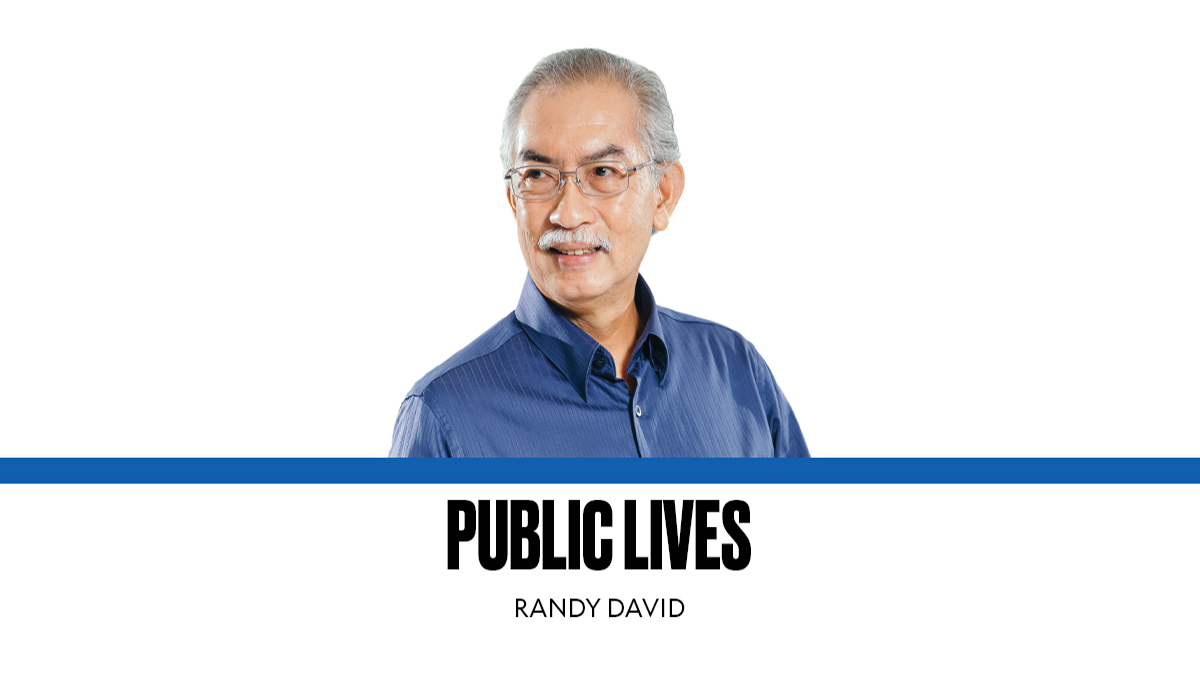Dangerous normalization of online gambling

Last Monday, June 9, nearly every broadsheet came wrapped in a loud, four-page promotional cover. “MegaFUNalo! has arrived!” declared the headline in bold letters. A cheerful lion mascot wearing a crown invited readers to “Games! Shows! Prizes!” and to register at their website.
It was unmistakably the launch of another online gambling platform. I wondered: Which tycoon is behind this glitzy rollout? The answer came the next day: “Bloomberry shares surge as MegaFUNalo goes live.”
Bloomberry is the gaming arm of businessman Enrique Razon Jr., who also owns Solaire Resort Casino, Manila Water, and port operations all over the world. While Solaire itself isn’t a new Philippine inland gaming operator, the splashy launch of its online platform marks a turning point. The line between casual entertainment and hardcore gambling is being deliberately blurred. MegaFUNalo offers free movies, games, and live shows, seamlessly integrated with real-money betting.
By weaving digital gambling into the cultural fabric of parlor games like tongits and bingo, and by enlisting celebrities—many idolized by the youth—this new wave of online casinos is out to purge gambling of its stigma. It recasts it as wholesome fun.
But the online casino is no harmless game. It is the digital era’s jueteng, on nuclear steroids.
Jueteng, the local numbers game, ironically remains illegal. But many of its former operators now thrive in the world of licensed casinos—and increasingly, online gambling. The Philippine Amusements and Gaming Corp. (Pagcor) licenses them. Technology enables them. Banks and digital wallets fund their bettors.
In the old days, jueteng bets were collected by hand, once or twice a day. That physicality imposed a natural limit. Today, online casino spaces eliminate all barriers. Gambling is available 24/7. You can drain your digital wallet in minutes, then tap your bank savings—or worse, take out a digital loan—to keep playing.
The interface is seductive: seamless, fast, and detached from the feel of real money. A few clicks are all it takes. The hypnotic pace and accessibility of these platforms make them unmatched money-makers—and potentially, silent destroyers of lives.
MegaFUNalo’s website invites users to register—so long as you’re over 21, not a government official or member of the police or military, or otherwise disqualified. It lists “secure payment” partners: BDO, UnionBank, BPI, QRPh, Maya, GCash, and GrabPay. These institutions are household names. Their involvement gives gambling a sheen of respectability—something it rarely enjoys elsewhere.
In other countries—Australia, the United Kingdom, Sweden—online gambling is subject to tight regulation. Why? Because it has been shown to cause serious harm, particularly to the young and financially vulnerable.
Let me be clear: I’m not against gambling per se. Much of life involves risk. If we trust citizens to choose our leaders, why not trust them with how they spend their money?
But informed choice requires full awareness of risks and protections against manipulation. A responsible state cannot stand by while its citizens—especially the vulnerable—are lured into addictive behavior that can damage lives and families. Gambling is one such behavior, and online access magnifies its risks exponentially. Yet it’s being loudly promoted in all visual and aural spaces—from street billboards to TV screens to a whole range of digital platforms.
The Bangko Sentral ng Pilipinas may not be society’s moral guardian. But it has a duty to ensure consumer protection. It can introduce meaningful guardrails. For example:
• Ban the use of e-wallet credit lines to fund gambling.
• Require digital wallets like GCash and Maya to offer in-app options to block gambling payments.
• Mandate additional verification for bank transfers to gambling sites above a certain threshold.
These aren’t radical measures. They’re already standard in many advanced economies.
Pagcor, especially, must do more. Its mandate is not just to license operators and collect revenue. It must uphold the principles of responsible gaming and show this by instituting concrete measures that resolutely help addicted gamblers shake off this pernicious habit.
Online gambling may be here to stay. But how we regulate it will determine whether it remains a form of entertainment—or becomes a serious public health crisis.




















